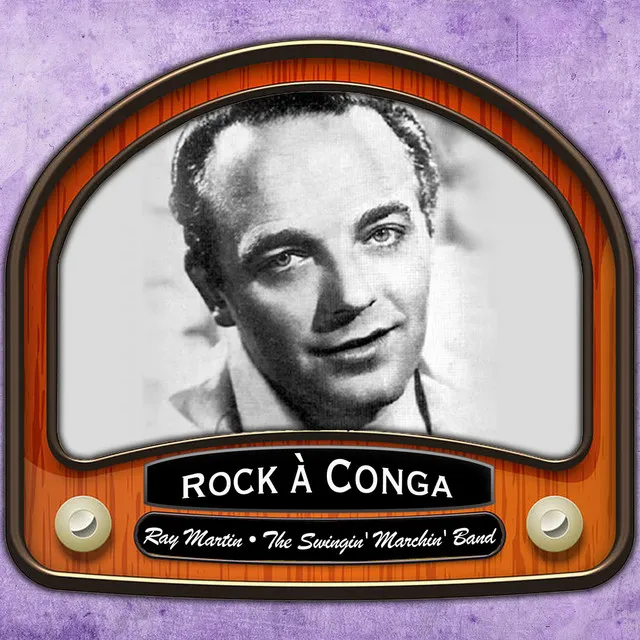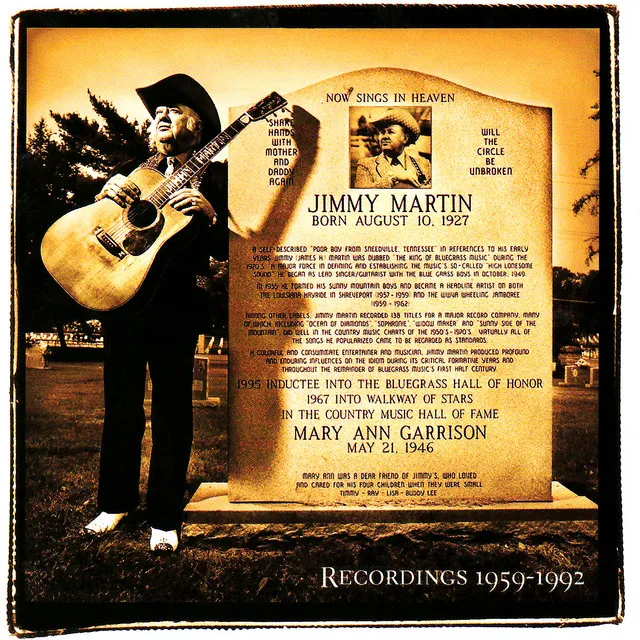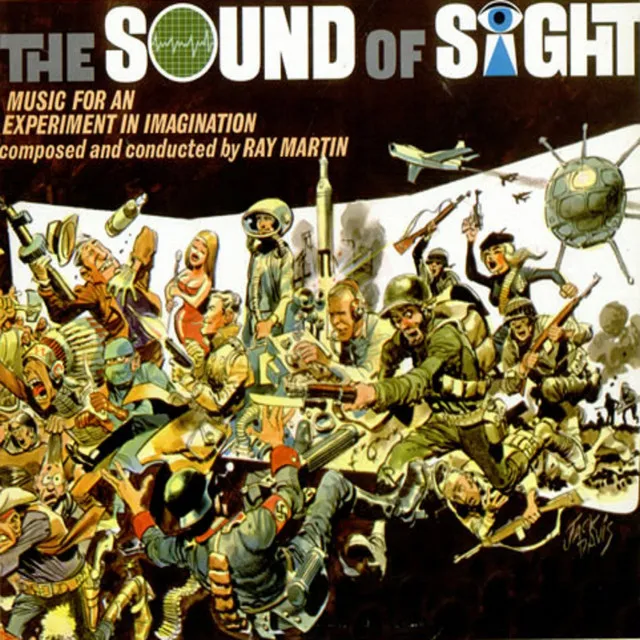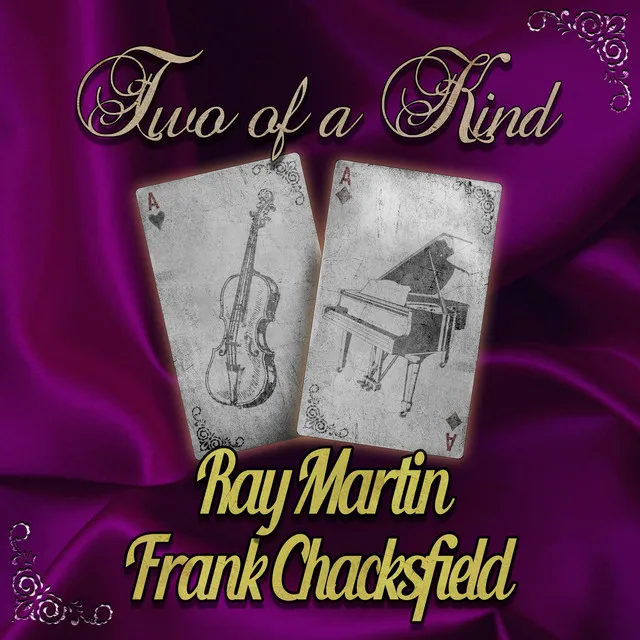Ray Martin created a legacy for himself in British popular music through his work with his orchestra during the '50s. His regular appearances on radio and television kept him in the public spotlight, while his position at EMI Records made him an influential producer at the label. His use of pseudonyms has blurred the path of his career through the years, making his many contributions even harder to keep track of. But his original compositions are what really made him popular; tracks like "Marching Strings" have become stables of many public and city bands and orchestras since their release.
Martin was born in Vienna, Austria, on October 11, 1918. He studied at the Vienna Academy of Music when he was old enough, spending five years there until he moved to Britain in 1938. He began to tour with orchestras and bands for various gigs until World War II came around, inspiring him to join the Intelligence Corps until his playing abilities brought him to leading a radio dance band for the British Forces. He also booked variety shows for the soldiers, bringing many popular acts to see the troops in Germany. After leaving the military, he returned to England where he immediately dove back into composing. He was given his first radio series in 1947, leading to further exposure to the British public, and he even released a single through singer Vera Lynn. He conducted comedian Danny Kaye's U.K. tour and formed the BBC Northern Variety Orchestra, which he conducted until 1951. He started recording in 1949, working for several big-name labels and releasing many orchestral favorites.
Martin became one of the joint A&R managers at Columbia Records when he left the orchestra, leading to his entry into television. Due to its growing popularity, he decided to try his hand at writing scores for various TV shows. After successfully working in that industry (while maintaining his A&R job at the same time), he left England and signed to RCA Records in America. His career was starting to slow from increasing age, and he only made occasional visits to Britain after making the move. He recorded six LPs in Paris for Polydor in the '60s, but his deteriorating health brought him back to Britain in 1972. He still continued to move around, finding himself in South Africa by 1978 despite an increasingly difficult battle with cancer. He fought long and hard against the disease, even building a broadcasting career in his new country. But on February 7, 1988, his health problems became too much and he died at the age of 69. His influence on British music was quite large, and although he did not produce much material in the latter part of his life, his legacy will live on for years to come. ~ Bradley Torreano, Rovi






